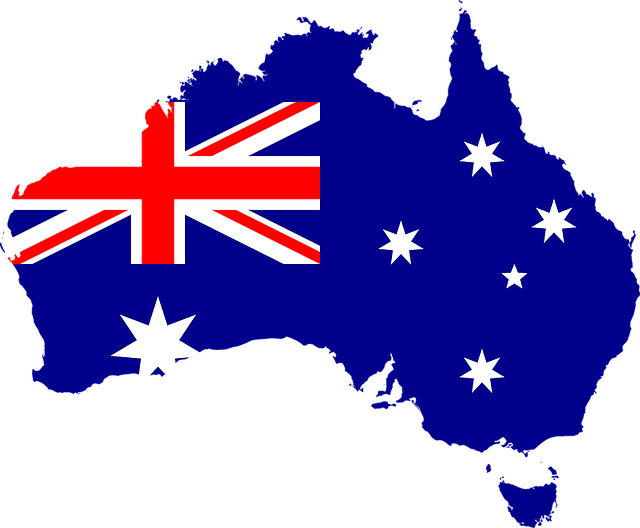
About four per cent of (four in every 100) people who live in Australia are Aboriginal. Aboriginal people are the first people who lived in Australia, long before the British arrived there.
On October 14, Australians had a type of vote known as a “referendum.” It was to decide whether to change the country’s rules to give Aboriginal people more of a say in how the government makes decisions that affect them.
The Prime Minister of Australia, Anthony Albanese and many Aboriginal leaders wanted to change some rules. They wanted to create a special group of Aboriginal people who would advise the government on important issues like health, education and justice. They also wanted recognition for the country’s Aboriginal people in Australia’s constitution.
They hoped it would help Aboriginal people and would demonstrate how Aboriginal people in Australia, and their 65,000-year history there, are valued.
But most non-Aboriginal Australians said no to the referendum. They voted against changing the rules. They said they thought that giving Aboriginal people more power would be unfair to the 96% of Australians who are not Aboriginal. Many said they felt that changing the rules would not really solve the problems that Aboriginal people face. Those problems include discrimination and health problems. They want the government to help Aboriginal people in other ways, like giving them more support in their local communities.
Changing the laws in Australia tends to be difficult. Not only do most of the people have to agree, but most of the Australian states have to agree too. There are six states in Australia and at least four of them have to say yes to any rule change. That is called a “double majority.” Because of this, Australians have changed major laws just eight times out of 44.
There are 17.6 million registered voters in Australia. It is one of the few countries where everyone must vote in any election or referendum. If you are an adult and you don’t vote, you may have to pay a fine. Because of that, votes tend to accurately reflect the opinion of most Australians.
After the vote, Australian Prime Minister Anthony Albanese said he was disappointed. He said he loves the country and hopes Australians can still work together to make their country better.
According to the CNN website in an address to the nation he said, “This moment of disagreement does not define us. And it will not divide us… We are all Australians.”
Think and Discuss
- What do you know about Australia and its Aboriginal people? List five things you know and five additional facts after you do a search to find more information.
2. Many people worked for years to secure a referendum on this issue. What do you think they thought about the “no” vote?
3. What did Australian Prime Minister Anthony Albanese mean when he said, “This moment of disagreement does not define us”?
4. If you lived in Australia and wanted to vote in this referendum, what information would you want to know? What questions would you ask, to find out more before making your decision?
5. Look up “Democracy sausage.” What it is and why is it famous? (If you need a hint, here’s an article to get you started: https://www.atlasobscura.com/foods/democracy-sausage-australia.)
Links to more information
CBC News article: https://www.cbc.ca/news/world/australia-indigenous-voice-referendum-fails-1.6996380
CNN News article: https://edition.cnn.com/2023/10/14/australia/australia-referendum-results-intl-hnk/index.html
How A Referendum Works, on the Australian government website: https://voice.gov.au/referendum-2023/how-referendum-works







